Actionable insights on how to develop culturally resonant comms for tech brands
How can tech brands communicate to people in a way that feels meaningful, resonant and human?
It’s an important question that all the companies in the technology industry need to think hard about, no matter if they're a tech giant in consumer electronics or the video game industry, or a startup pursuing digital transformation solutions through cloud computing, AI, robotics, data science, or any other technology field anywhere in the supply chain.
Why? Because today, tech companies can live or die by their connection to culture.
What Do We Mean by Culture – And How Does Culture Impact Tech Brands?
Culture is the body of shared ideas, emotions and activities that make up the lives of people within a particular community. It is an invisible but powerful determinant of how we relate, understand and evaluate everything.
When it comes to technology, culture plays a hugely important role in how we understand and evaluate the services, software and solutions tech brands offer. Indeed, recent research reveals that trust in the technology sector is tied intrinsically to the cultural narratives that surround the technology.
Take artificial intelligence (AI), for example. Edelman’s 2022 “Trust in Technology” report shows that people from countries with positive AI cultural narratives interact positively with emerging tech like AI, while people from countries with negative AI cultural narratives have very little trust in it.
These countries with little trust include the UK, the US, France, Germany, and most of the West in general. These are also the countries where hugely successful sci-fi blockbusters like I, Robot and Ex Machina form the cultural narratives that determine how people relate to, understand and evaluate technology like AI.
(Image source: edelman.com)
In fact, the report shows that trust in technology has dropped in 14 out of 22 countries, mostly in the West, over the past decade. The UK in particular has amongst the lowest levels of trust anywhere in the world for emerging technologies like AI and robotics, augmented and virtual reality products (AR/VR), Web3, autonomous tech, blockchain, and cryptocurrency.
(Image source: edelman.com)
Why Tech Companies Need to Develop Culturally Resonant Comms
The challenge for technology companies today is to build brand value through communications that resonate positively with their customers in the face of a dominant culture industry that ultimately controls the narrative.
Tech companies often start by making a promise to society and culture – a promise that their technology will change life for the better. This promise is communicated through advertising and communications.
However, these promises are absorbed and explored by the culture industry in films, TV shows, books, news, and other media. Ultimately, it’s the media’s representation of the technology and all its promises that lead to the “vision” that is formed in society of that technology. As such, if the representation is negative or dystopian, so too is the vision and cultural expression.
The Promise of Regeneration Leads to a Vision of Destruction
Let’s take a look at one of the most prominent promises made by technology companies – the promise of regeneration.
Technology promises to solve planetary-scale problems through more intentional relationships with the natural world – ultimately blurring the boundary between nature and tech, the artificial and the real.
The promise itself is a hopeful narrative focused on working with nature to improve and save it, rather than deplete and destroy it.
However, many brands rely on communications that focus on the idea of optimisation rather than regeneration. These brands want to show that they can master nature through science to secure scarce resources. To communicate this, they tend to use images of sterile lab environments with people in white uniforms to symbolise unbiased objectivity or convey trust and superiority.
Linguistically, they use unemotive language that focuses on the tech, rather than its benefits. They also position the company as a hero or saviour, and use a lot of industry jargon. The result is a brand expression that conveys distance, scientific sterility, and a desire to tamper with biological processes that are not clearly understood.
Elsewhere, in fields like quantum computing, brands turn to communications that convey the almost unfathomable power of the subatomic world in mythical or religious terms. The aesthetics evoke the divine – technology that is so powerful, complex and enigmatic it is reserved for the Gods.
Visually, we see images of explosive power and often a golden glow against a dark background. Linguistically, brands talk of exploring new frontiers, exclusivity, and the duality of innovation that encompasses both destruction and innovation.
In response, cultural expressions of these brand promises focus on natural resources threatening humans, on self-destruction, and on devastation through science.
Ultimately, the promise to advance science provokes fears of tampering with ambiguous forces beyond our comprehension. It’s hardly a wonder, then, given this cultural expression, that Christopher Nolan’s Oppenheimer became the highest ever grossing biopic – the culminative cultural ‘vision’ of the promises made by brands in the technology sector.
How Technology Companies Can Land Messages that Are More Human and Culturally Resonant
The question at the heart of all this is, how can tech companies get their promises to land in the way they want them to?
In our special report ”How Tech Shows Up in Culture (And How It Can Do Better)”, we explore the numerous cultural codes that are emerging today surrounding the cultural representations of technology, and what they mean for brands in the technology sector.
We go into depth on a number of recommendations for companies in the technology industry aiming to develop more culturally resonant communications.
Among them are the following:
· Avoid residual mythologies that stoke fear
· Focus promises on emerging codes of caring and support
· Use lab imagery wisely and sparingly
· Inspire awe, but contextualise benefits in human, not just divine terms, to demonstrate responsibility
· Learn from life sciences communications to inspire optimism, joy and wonder
· Focus on the inherent wonder afforded by the organic world that humans are intertwined with, not separate from
All these actionable insights and more are explored in detail in our report, which you can download for free today.
Across the Pond is a global independent creative agency on a mission to help brands in the technology sector create a better world. To learn more and rethink the role culture plays in positioning emerging tech, get in touch directly for more information and insights.






